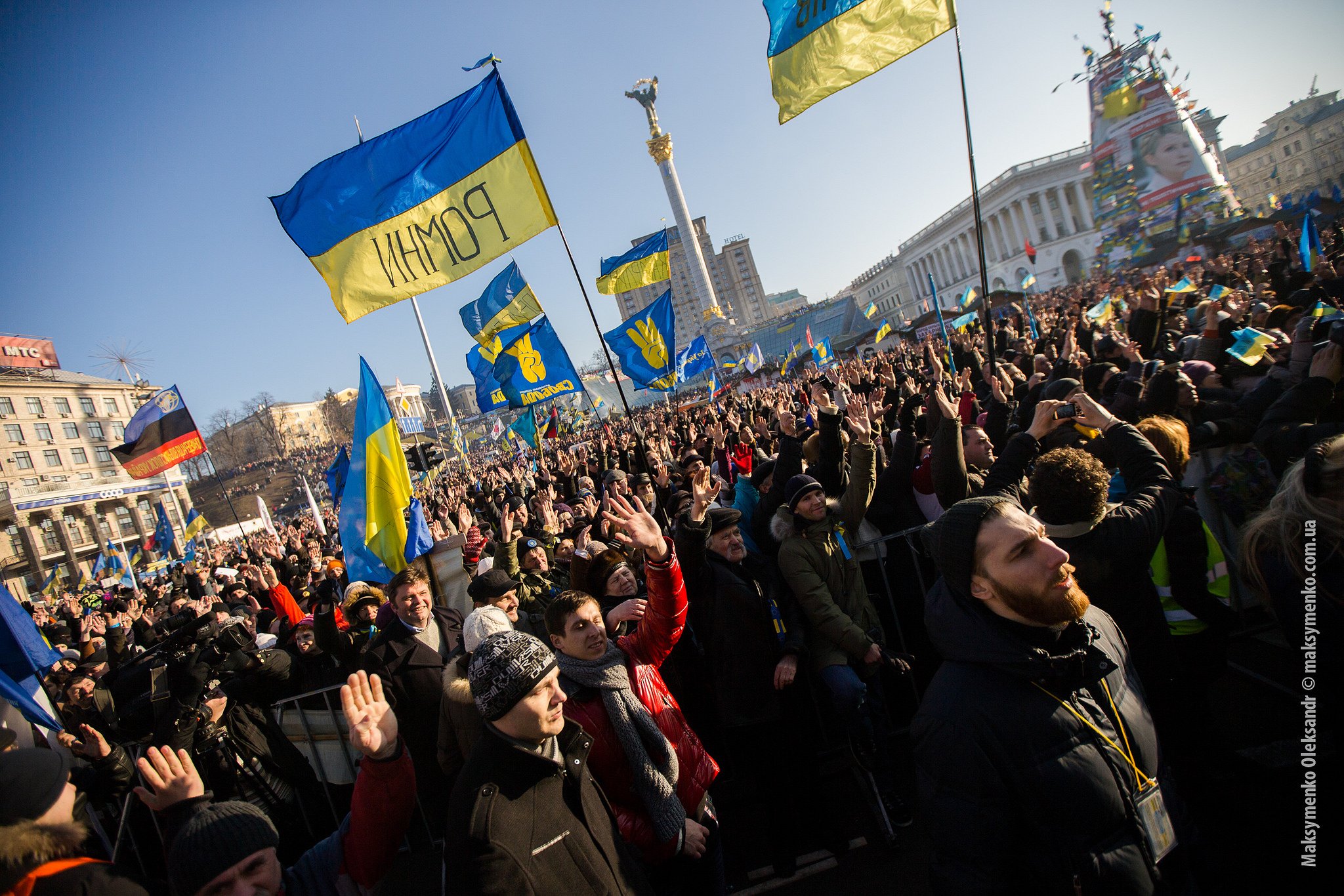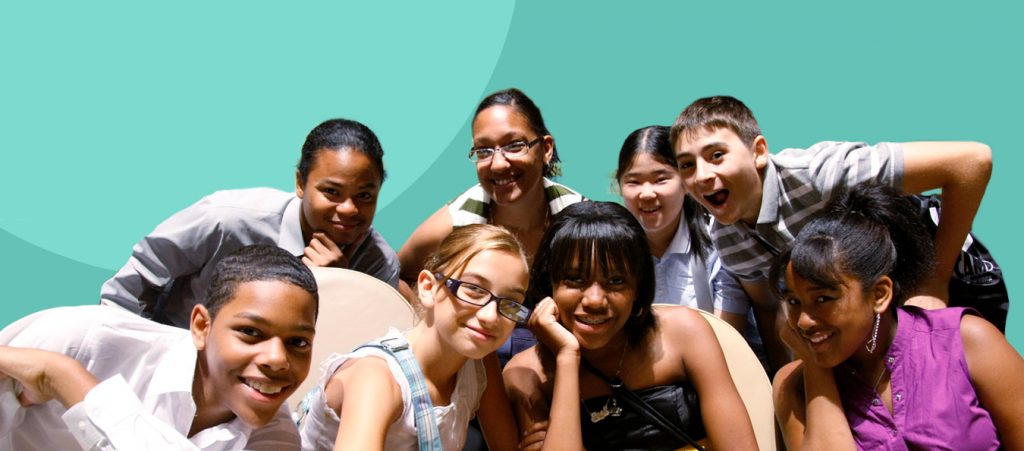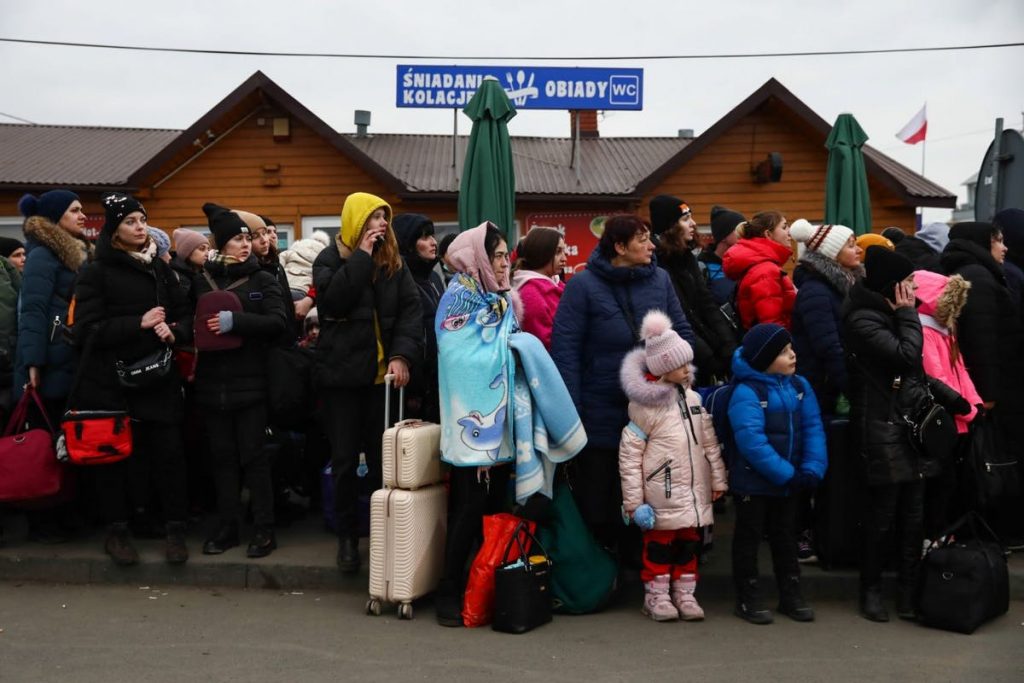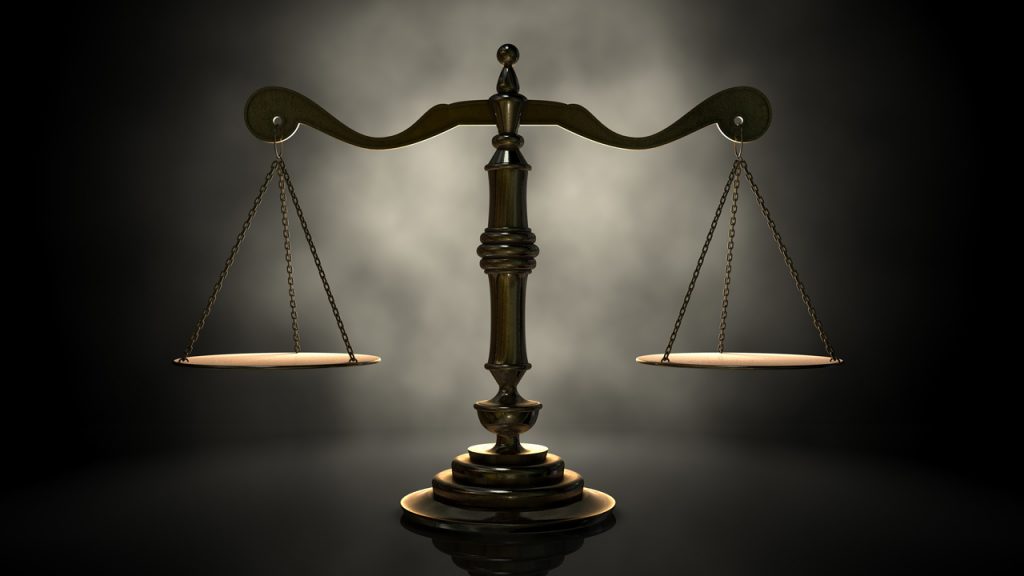The International Day for the Right to the Truth Concerning Gross Human Rights Violations and the Dignity of Victims is observed every year on March 24.
This annual commemoration honours the memory of Monsignor scar Arnulfo Romero, who was assassinated on March 24, 1980. Monsignor Romero was an outspoken opponent of human rights violations against El Salvador’s most vulnerable citizens.
Purpose Of The Day
The day is celebrated to
- Encourage people to remember the victims of serious and systematic human rights violations, along with the importance of the right to truth and justice.
- Pay tribute to those who have dedicated their lives to promoting and protecting human rights for all, and those who have lost their lives in the process.
- Recognise the significant work and values of Salvadoran Monsignor scar Arnulfo Romero, a promoter and defender of human rights in his country. His messages, in which he denounced human rights violations against the most vulnerable population in the context of armed conflicts, earned him international recognition.
The Right to Know the Truth
The United Nations confirmed in 2006 that people have the right to know the truth about gross human rights violations and serious violations of human rights law.
The right to the truth is frequently invoked in the context of grave violations of human rights and humanitarian law. Families of victims of summary executions, enforced disappearances, missing persons, kidnapped children, and torture, want to know what happened to their loved ones. The right to the truth entails knowing the full and complete truth about the events that occurred, their specific circumstances, and who participated in them, as well as knowing the circumstances under which the violations occurred and why they occurred.
Furthermore, this right was linked to governments’ duty and obligation to protect and guarantee human rights, conduct effective investigations, and ensure effective redress and reparations.
The Concept of Dignity
Dignity is a delicate concept in the legal world. It is notoriously difficult to define in legal terms, partly because it has only been used in human rights law since the end of World War II. In response to the atrocities of the war, article 1 of the 1948 Universal Declaration of Human Rights stated that “all human beings are born free and equal in dignity and rights.”
It is an adjunct to human rights that are used to protect people’s humanity and identity. As such, it fits into the larger human rights landscape of the European Convention on Human Rights (ECHR), which was incorporated into UK law by the Human Rights Act (HRA) of 1998.
Courts in England and Wales have previously protected a variety of aspects of human dignity:
- disabled patients’ right to be lifted appropriately by their caregivers;
- homosexuals’ right to equal treatment in tenancy agreements; and
- asylum seekers’ right to receive asylum support and be protected from destitution while their claim is being considered.
This case law paints a bleak picture of how some of society’s most vulnerable members are treated when they are most in need of assistance. The reliance on dignity has emphasised their vulnerability and imposed a positive duty to treat everyone in a humane manner that does not degrade or ignore their identity.
Human dignity has since become a conceptual tool for reconsidering human rights and democracy. As a result, dignity is inextricably linked to humanity, freedom, and equality. We are born with dignity; it is not a quality or status that one must earn or risk losing.
How do solicitors uphold human rights?
As solicitors, no matter the issues we deal with, we believe we have a responsibility to uphold human dignity and advocate for the right to the truth daily.
Royce Legal Solicitors believes that concern for human dignity manifests itself in four ways:
- the prohibition of all forms of inhuman treatment, humiliation, or degradation by one person over another;
- the assurance of the possibility of individual choice and the conditions for ‘each individual’s self-fulfilment, autonomy, or self-realisation;
- the recognition that the protection of group identity and culture may be necessary for the protection of personal dignity; and
- the formation of the necessary conditions to have one’s essential needs met.
To conclude, we believe that human dignity is what makes the practice of law worthwhile. It is the forerunner to human rights and is a core concept in the right to know the truth.













